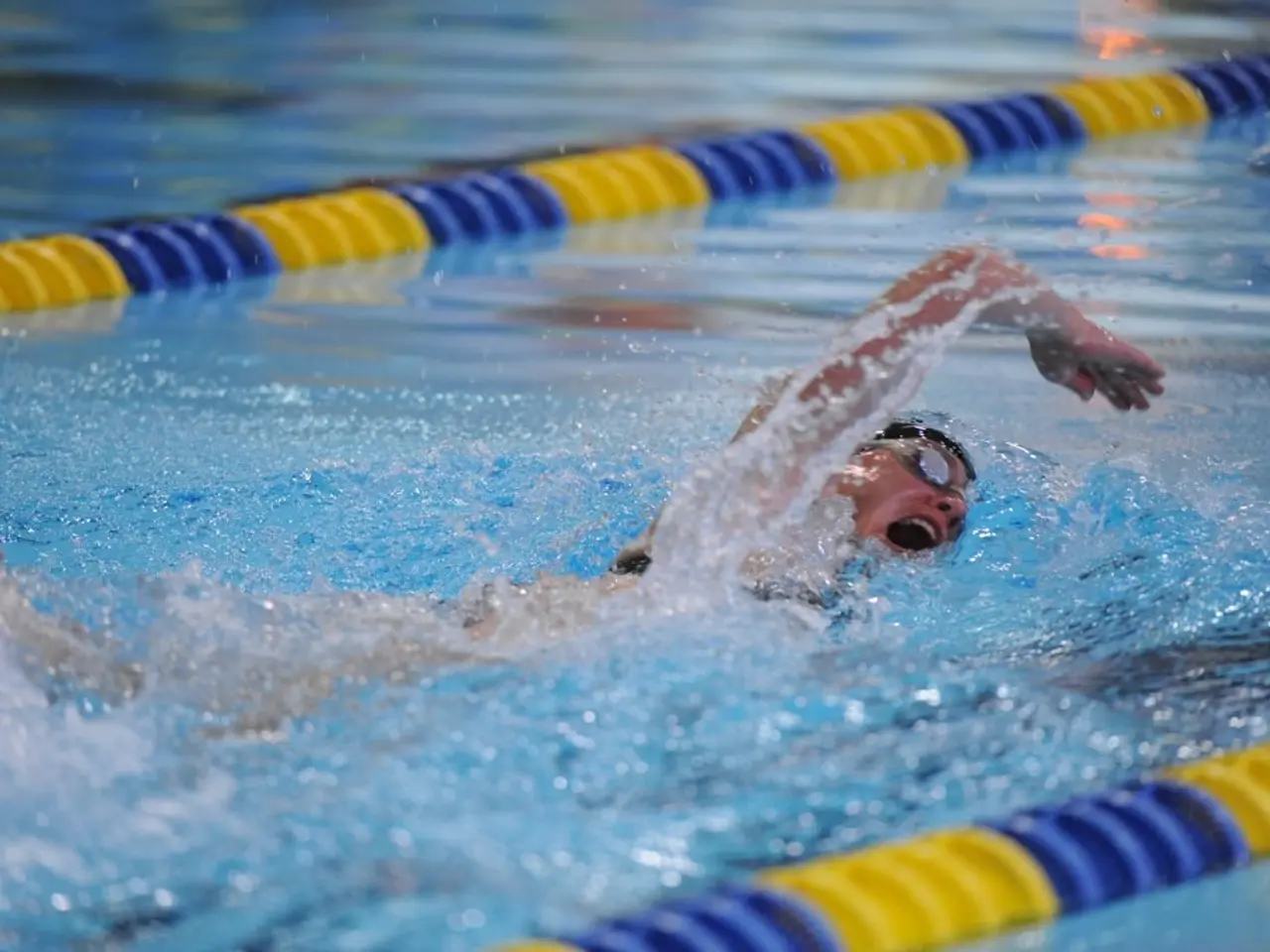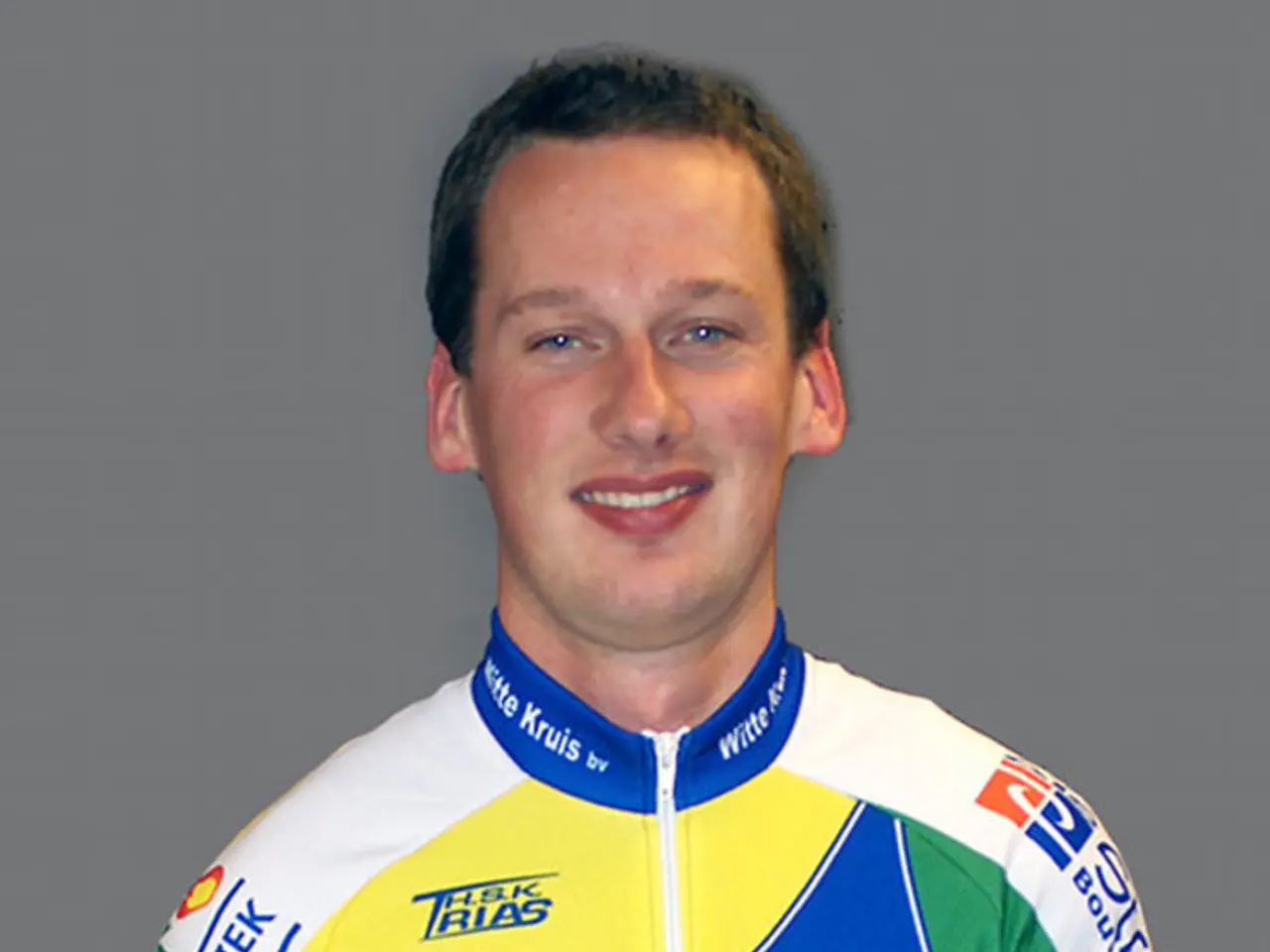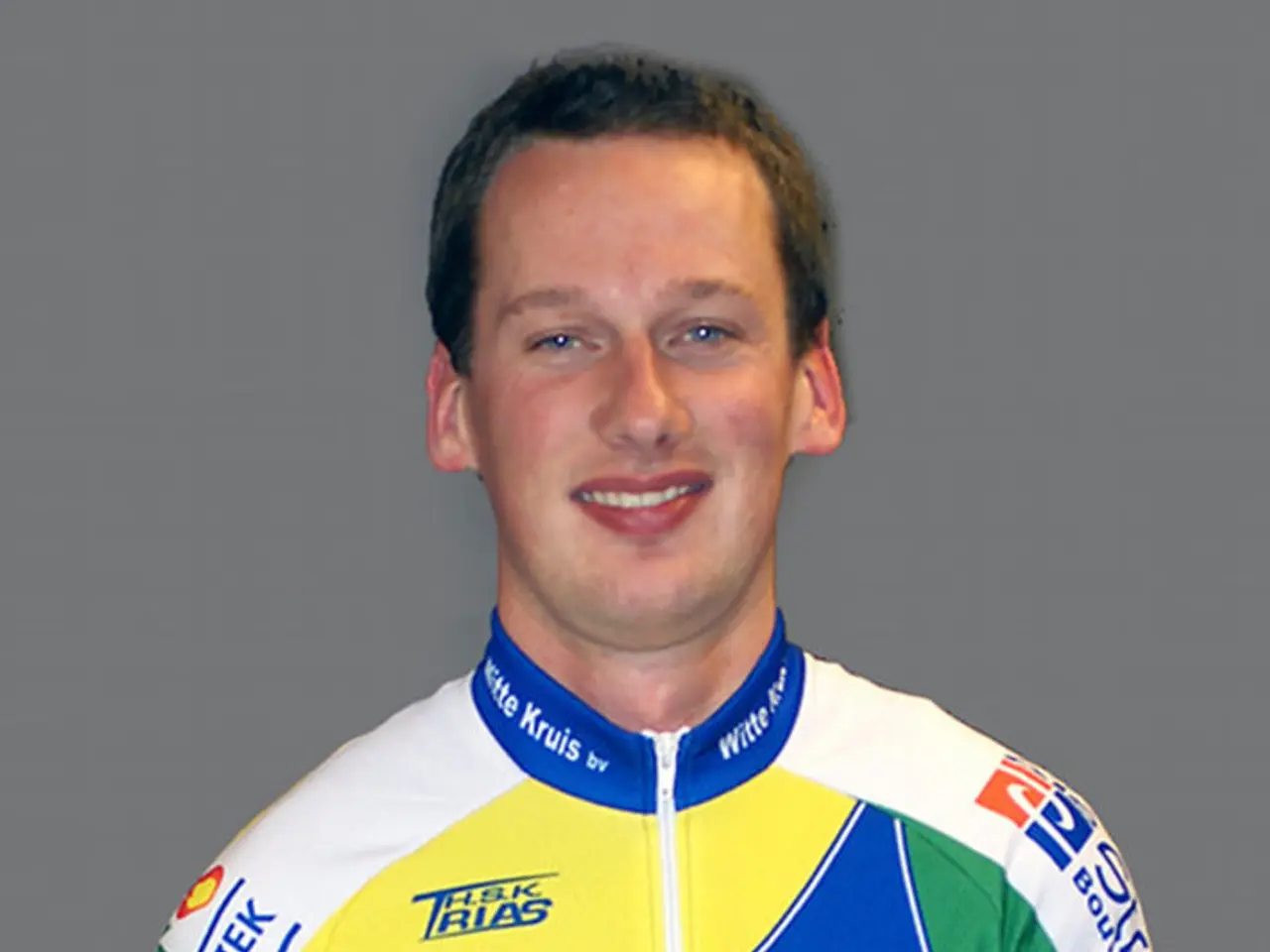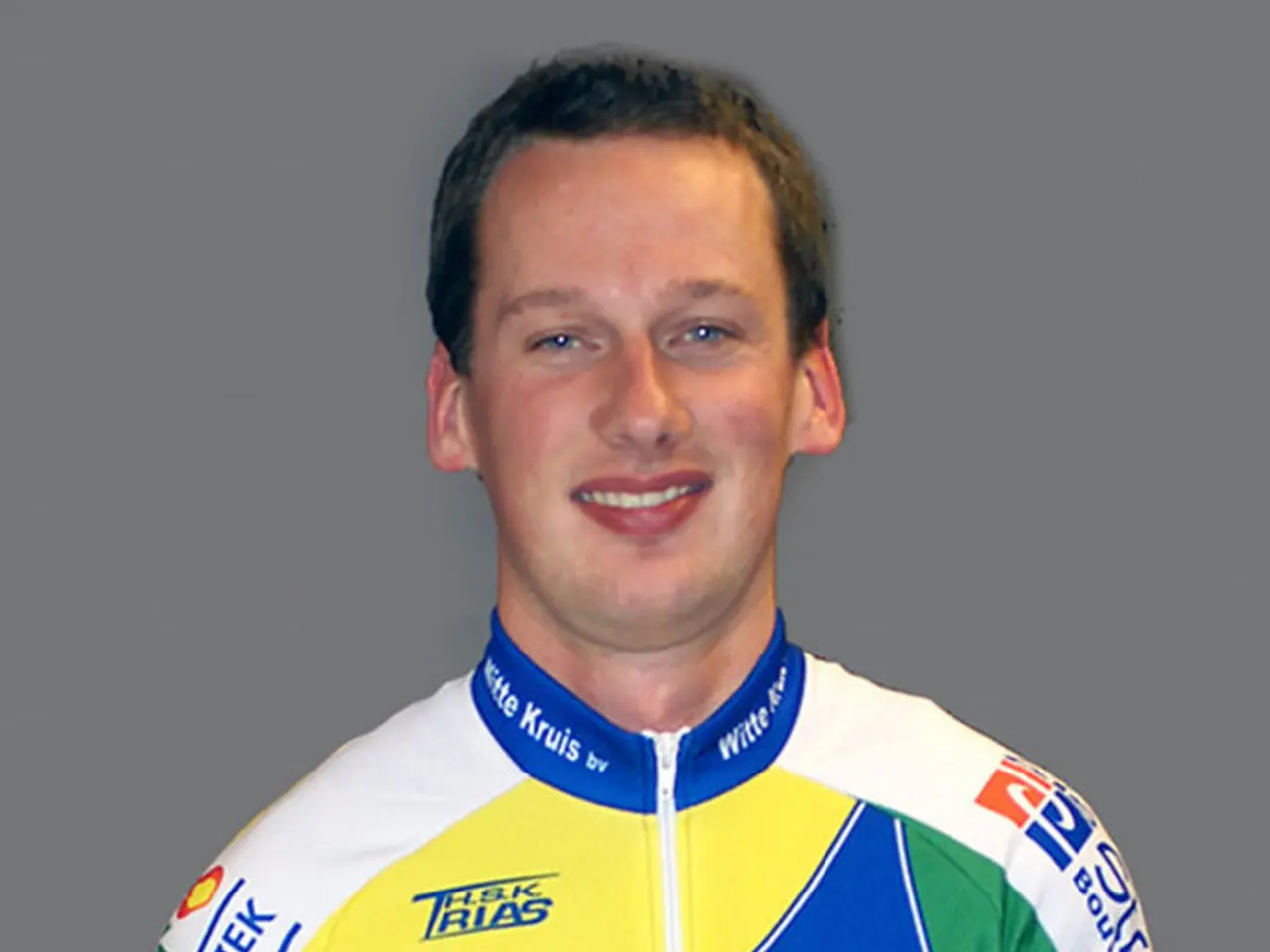A young girl of 12 years old secures a World Championship medal, yet she doesn't participate in swimming events.
In the world of swimming, a heated debate has erupted over the participation of 12-year-old Chinese swimmer Yu Zidi at the recent World Championships. The controversy centres around Yu's age, which is below the typical minimum age limit of 14 set by World Aquatics.
Yu made waves when she won the bronze medal in the 4x200-meter freestyle relay, a feat that has sparked a debate about the physical and mental impact of exposing a young athlete to such high-level competition. Despite the age limit, Yu qualified under exceptions by meeting strict qualifying times, surprising many officials.
The controversy involves a tension between recognising exceptional youth talent and protecting young athletes from potential physical and psychological risks. World Aquatics is reviewing whether to adjust age-related entry rules to better balance talent recognition with safeguarding athletes' health.
Yu's impressive performance, narrowly missing a medal by 0.06 seconds in the 200m individual medley and qualifying for other finals, has challenged assumptions about age limits. Her times at age 12 have even drawn comparisons to past young prodigies like Germany's Inge Sorensen, who won an Olympic medal at 12 in 1936. However, the modern sports environment is far more intense and regulated.
DSV sports director Christian Hansmann finds Yu's participation "troubling." He believes exposing a 12-year-old girl to a World Championship atmosphere with 5000 spectators and intense media pressure is too early. He also raised concerns about potential physical consequences for Yu, stating that she has already logged many training kilometers at such a young age.
The German Federation has expressed concerns about Yu's participation at the Swimming World Championships. German national coach Stephan Wittky stated that performance-based exceptions undermine efforts to facilitate age-appropriate development. Critics argue that a 12-year-old swimmer should not be training like a professional and should instead be allowed to develop at an age-appropriate pace.
Despite the controversy, Yu's success cannot be denied. She has been referred to as the "Chinese swimming wonder" and her success has been attributed to her hard work. Yu Zidi is the youngest medalist at a World Championships and the youngest swimmer to stand on the podium at a major international swimming event since 1936. Even her cartoon dog on her swimming cap helped her reach the world's elite at the national championships, according to Chinese media outlets.
As the debate continues, the focus remains on ensuring the well-being of young athletes like Yu Zidi while still providing opportunities for exceptional talent to shine on the world stage.
Sources: [1] ntv.de [2] tno/sid [3] Various Chinese media outlets
Sports and world championships have become intertwined in the case of the 12-year-old Chinese swimmer, Yu Zidi, who participated in the recent World Championships despite being below the typical minimum age limit of 14 set by World Aquatics. Sports officials, including those from the German Federation, have raised concerns about exposing a young athlete like Yu to such high-level competition, fearing potential physical and psychological risks.




